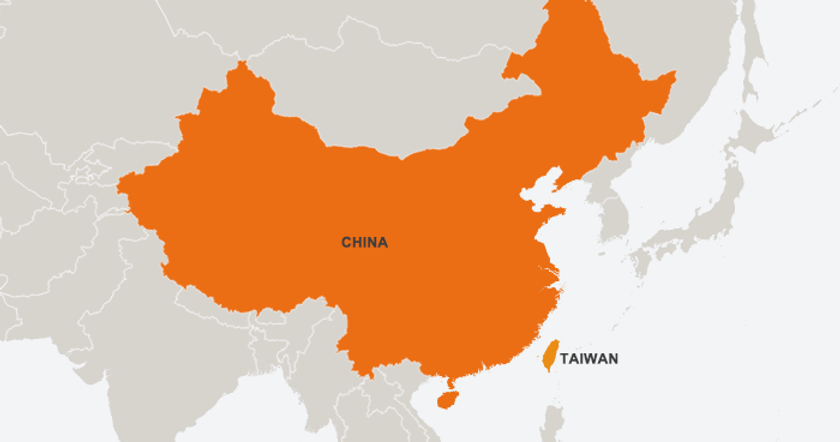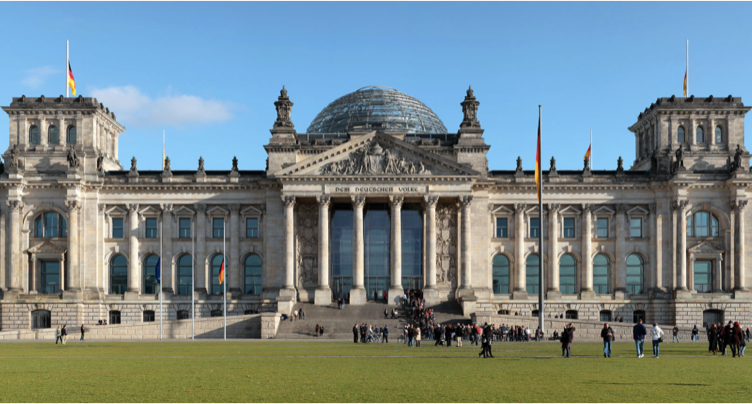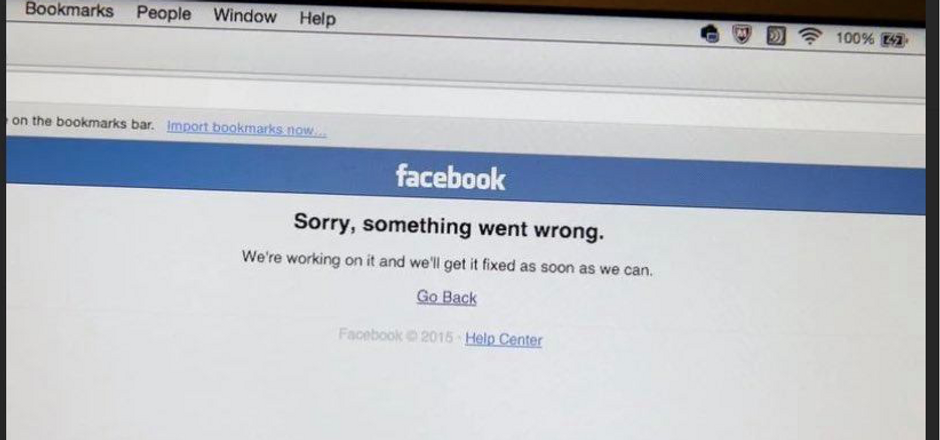
The Test Over Taiwan: The Makings Of A Crisis Over How China Wants To Unify With China
Taiwan, formally known as the Republic of China (and hereafter in this article referred to as Taiwan), featured prominently in the news recently. As late as September 13th, the Biden administration was mulling changing the name of America’s de facto embassy in Taiwan, a democratic self-governing island nation that has been separate from mainland communist China since the Chinese Civil War, from the Taipei Economic and Cultural Representative Office to the Taiwan Representative Office. This pondering of a decision contributes to and comes amidst a backdrop of increasing strain in the relations between the United States and China, formally known as the People’s Republic of China (and hereafter referred to as China, mainland China, or some variant thereof).
The subject of Taiwanese sovereignty is a controversial issue for China, as China is pursuing a One China Policy that aims to reunite what it sees as a renegade province under mainland control. A symbolic shift toward recognizing the independence of Taiwan, even if in name only, by the US runs counter to this long-standing policy. Indeed, such is the sentiment in China toward this issue that their state media warns of severe military and economic measures by their country against Taiwan should the US act on this policy. It should be noted that China has traditionally taken a firm line against other countries recognizing Taiwan through halting trade and recalling their diplomatic presence in such countries. China’s attempts to woo Taiwan, despite the latter’s growing popular preference for a distinct identity from the mainland, toward unification can be seen in its volume of economic trade with the island that makes Taiwan China’s 5th largest trading partner. Taiwan in turn recognizes the danger of being too dependent on a power that wishes to directly control it and has pursued a policy of economic decoupling from China by diversifying its trade partners.
The Chinese passion for reunification is motivated by a need to erase the remaining vestiges of its Century of Humiliation, which was a time when foreign powers held colonial designs over China, and that such a nationalistic act would give greater legitimacy to the ruling Communist Party. The return to mainland China of territories like Hong Kong was thus a piece of this project of reunification. While Hong Kong’s return to China was conditioned on China adopting a policy of “One Country, Two Systems” that would allow the city to enjoy autonomous self-rule until 2047, China effectively reneged on this promise through its 2021 security law. Should Taiwan too fall to mainland China, this would mean that its formidable $600 billion economy would be added to China’s already massive economy and it gives the mainland access to Taiwan’s advanced technological dominance in the semiconductor business. A Chinese controlled Taiwan would also mean that China would have an easier time engaging in power projection in the Pacific Ocean.
China’s foreign policy has become more assertive on the world stage as they have not shied away from publicly verbally denouncing American foreign policy even when they are on American soil. China’s assertiveness has not stopped at words as the US Coast Guard reported that they spotted Chinese warships in August near Alaska. The Chinese have, however, done much more than threaten the United States, Taiwan’s great power patron, but have also engaged in aerial incursions of Taiwanese airspace as recently as September 17th. Indeed, the Chinese have repeatedly broken records in the number of aerial incursions and the scale of incursions over Taiwan in recent years. In addition to the campaign from the air, the Chinese have engaged in a campaign of trying to demoralize Taiwan by raising doubt about the credibility of American promises of defense of the island in the aftermath of the Afghanistan debacle.
Should Taiwan fall to China this would further damage American prestige at home and aboard. Taiwan’s current defense strategy recognizes the huge military imbalance against itself in a scenario of a hostile Chinese invasion. It therefore seeks to make such an invasion as costly to China as possible through a variety of countermeasures. Yet, there are major concerns over Taiwan’s capacity to fully carry out its strategy. The Taiwanese defenses against a prospective Chinese invasion are lacking given that their tanks are old, with the earliest tank being from the 1970s, and the new 108 tanks that Taiwan purchased from America are not scheduled to be delivered until 2023. Taiwan’s 2017 changes to its conscription system, which downgraded the conscription service from one year to four months, has been criticized as dysfunctional and causing manpower shortages in front line units that are vital to Taiwan’s defense strategy. Taiwan’s armed forces are noted as being undersupplied and underfunded their logistical units with the result that a lot of their combat units are far below military readiness needed to enact Taiwan’s defense strategy. It is in part as a response to these concerns over the preparedness of Taiwan’s military that the government recently announced a $8.69 billion boost in military spending.
A spat over Taiwan is not just a matter of international concern but regional concern. Japan, China’s long standing Northeast Asian rival, has warm ties with Taiwan and has taken a keen interest in the island nation. In July, Japan released its annual defense whitepaper which unprecedentedly cited Taiwan explicitly as being “important for Japan’s security.” Japan has followed up on this announcement by conducting unprecedented bilateral talks with Taiwan over the issue of security in August, which angered China. The issue of Taiwanese independence has increased weight in the halls of Tokyo who see the fate of the island as linked to Japan’s own security in their rivalry against China. The fact that Taiwan’s independence is seen to be vital to Japan’s security, attains greater significance when one considers that a Japanese 2015 law enables Japan to participate in collective military operations providing that the situation threatens Japan’s survival. This represents a remarkable shift from Japan previously declining to comment publicly on whether it considered the fate of the island vital enough to Japanese interests to potentially engage in militarily action to help defend it against China. In addition to these verbal declarations of commitment toward Taiwan, Japan has also ramped up its missile defenses on Ishigaki island, which is near Taiwan, as both a self-protective gesture and to cover Taiwan from potential attacks.
Taiwan remains one of many hotspots between the two biggest global powers, China and the United States. Taiwan has the hallmarks of being strategically and symbolically important to a growing China while having some strategic and symbolic importance for American policymakers as well. A humiliating loss of Taiwan would be a mighty blow to already damaged American prestige and credibility particularly in Northeast Asia. It would in turn create an increased sense of insecurity in America’s allies in Northeast Asia, such as Japan, and damage their belief in the value of their alliance with the United States. Increased Chinese pressure on Taiwan via its aerial incursions are already contributing toward a sense of insecurity on the part of both Taiwan and its allies. The question of whether this hotspot will erupt into a full-blown crisis that threatens to become an active war is a relevant one. America’s desire to regain international credibility post-Afghanistan coupled with a bygone unipolar mindset and Chinese overassertiveness mixed with a sense that time may not be on their side when it comes to uniting with Taiwan lead towards a scenario, where China feels compelled to act.
Such a crisis would have regional dimensions as well as the fact that the Japanese have taken a direct interest in the security of Taiwan presents China another obstacle in its attempt to reunite the island nation with the mainland. At present, American policy toward China is a confusing one of being “competitive where it should be, collaborative where it can be, adversarial where it must be” whereas China sees such a policy in reality as seeking to undermine China and contributing toward a zero sum Cold War mentality. Ideally, a Cuba-level crisis over Taiwan can be averted to American’s advantage but should it happen, it may clarify American policy toward China and may solidify how China sees its prospects and the timeline of reunification.





